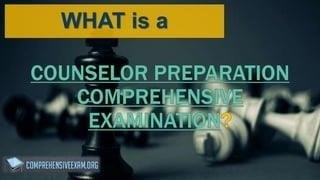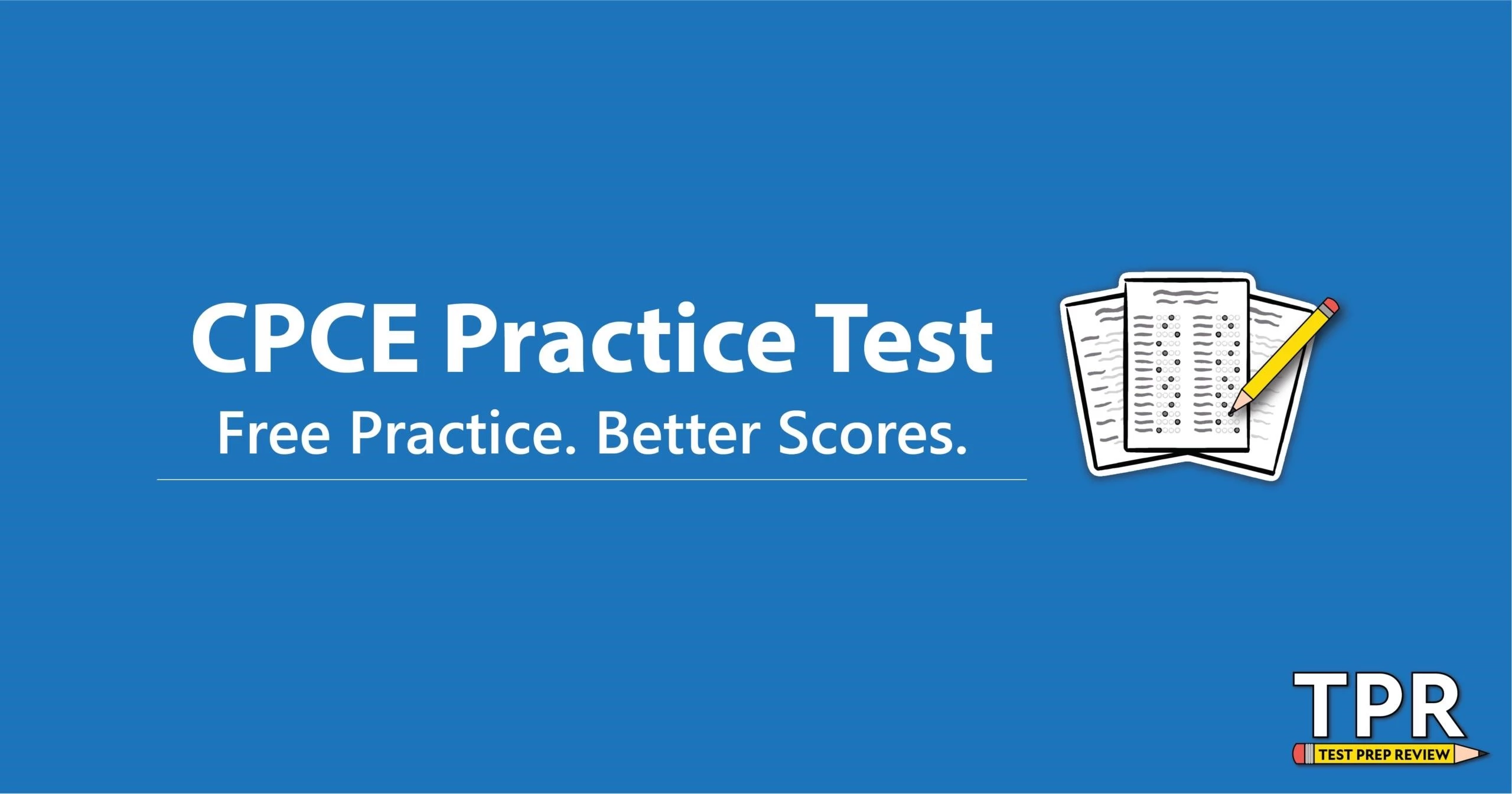Understanding the CPCE Exam
The Counselor Preparation Comprehensive Examination (CPCE) assesses knowledge and skills crucial for professional counselors. This standardized exam uses 160 multiple-choice questions, with 136 scored, covering eight core counseling areas. A passing score is 90, plus or minus the standard error of the mean. Results are available online within 24 hours of completion.
Exam Format and Structure
The CPCE is a computer-based examination administered through Pearson VUE testing centers. The exam consists of 160 multiple-choice questions, although only 136 contribute to the final score. The allotted time for completing the exam is 3 hours and 45 minutes, providing ample time for careful consideration of each question. The questions are carefully designed to assess a broad range of knowledge and skills essential for competent professional counseling practice. Expect a diverse array of question types testing understanding of ethical dilemmas, theoretical orientations, and practical application of counseling techniques. The exam is structured to ensure comprehensive evaluation of the candidate’s preparedness for entry-level professional counseling. Remember to manage your time effectively during the exam to ensure you can answer all questions to the best of your ability.
Scoring and Results
Your CPCE score is determined by the number of correctly answered scored questions (136 out of 160 total questions). The raw score is then converted to a scaled score. A minimum scaled score of 90, adjusted by the standard error of the mean, is required to pass the examination. Your scaled score, along with your performance in each of the eight core competency areas, will be reported on your Pearson VUE account approximately 24 hours after completing the exam. This detailed feedback provides valuable insights into your strengths and weaknesses. The report doesn’t just give a simple pass/fail; instead, you gain information to guide future studies and professional development. Remember, while the passing score is a benchmark, striving for a higher score demonstrates a more comprehensive understanding of counseling principles and practices. Understanding your score report is crucial for professional growth.

Finding Free CPCE Practice Exams
Several online resources offer free CPCE practice exams and sample questions. Explore university websites and dedicated counseling exam prep sites for helpful materials.
Online Resources and Websites
Numerous websites provide free CPCE practice materials. Mometrix, for example, offers a free practice test, although the full version is a paid product. Other sites may offer sample questions or quizzes focusing on specific CPCE content areas. It’s crucial to verify the credibility and accuracy of any free online resources before relying on them for study. Look for practice exams that mirror the actual CPCE format and question style; Some websites may offer explanations for answers, which can significantly improve understanding and learning. Remember that free online resources may not cover every topic comprehensively, so supplement them with other study materials. Always check the source’s date to ensure the information is current, as exam content can change over time. Using multiple free online resources can help you gain a well-rounded understanding of the material and improve your chances of success.
University-Provided Practice Materials
Many universities offering counseling programs provide their students with access to CPCE practice materials. These resources often include practice exams, sample questions, or study guides created by professors or sourced from reputable publishers. Check your university’s learning management system (LMS) or directly contact your program’s faculty for information on available resources. These university-provided materials can be extremely valuable because they are often tailored to the specific curriculum and may align more closely with the actual exam content. In addition to formal practice exams, some universities may offer supplemental resources like study groups or review sessions led by instructors. Taking advantage of these university-specific resources can significantly enhance your preparation for the CPCE exam and improve your overall understanding of the subject matter. Don’t hesitate to ask your professors or academic advisors about any available materials.

Utilizing CPCE Practice Exams Effectively
Strategic use of practice exams is key to CPCE success. Simulate test conditions, analyze mistakes, and focus on weak areas for targeted study. Regular practice builds confidence and improves time management skills crucial for exam day.
Creating a Study Schedule
A well-structured study schedule is essential for effective CPCE preparation. Begin by determining the total time available for studying and allocate specific time slots for each core area of the exam. Consider incorporating regular breaks to maintain focus and prevent burnout. Prioritize topics based on your strengths and weaknesses, dedicating more time to areas needing improvement. Integrate CPCE practice tests throughout your study plan to monitor progress and identify knowledge gaps. Remember to factor in time for review and practice exams under timed conditions to simulate the actual test environment. Consistent, focused study sessions are far more effective than sporadic cramming. Flexibility is also key; adjust your schedule as needed to accommodate unforeseen circumstances or changes in your understanding of the material. A realistic and adaptable plan ensures you’re prepared for exam day.
Identifying Weak Areas and Focusing Study
Utilizing free CPCE practice exams is crucial for pinpointing areas needing further study. After completing a practice test, meticulously review incorrect answers. Understand not just the correct answer but why your initial choice was wrong. Identify recurring patterns of errors; are you struggling with specific theoretical frameworks, ethical dilemmas, or application of counseling techniques? This analysis will reveal your knowledge gaps. Once weak areas are identified, focus your study efforts accordingly. Use targeted study materials, such as textbooks, articles, or supplemental resources, to address these specific weaknesses. Re-take practice questions focusing on those challenging areas. Employ active recall techniques, such as flashcards or self-testing, to reinforce learning and improve retention of previously difficult concepts. This targeted approach maximizes study efficiency and ensures you address areas needing the most attention before the actual CPCE exam.
Utilizing Different Practice Exam Formats
The availability of various CPCE practice exam formats enhances your preparation. Familiarize yourself with multiple-choice questions, the primary format of the CPCE. Many online resources and study guides offer these. Some platforms offer timed practice exams, simulating the actual test conditions. This helps manage test anxiety and improve time management skills under pressure. Consider utilizing practice exams with varying question difficulty levels to challenge yourself. Some resources categorize questions by topic, allowing focused practice on specific areas. This targeted approach helps you hone in on weaknesses revealed through previous practice tests. Don’t solely rely on one format; incorporate a variety to simulate the diverse question styles and pacing of the actual exam. This diverse approach strengthens your overall preparedness and ensures you’re comfortable with the exam’s format and demands.
Key Areas Covered in the CPCE
The CPCE comprehensively covers eight core counseling areas, including professional orientation, ethics, and other crucial counseling skills and knowledge.
Professional Counseling Orientation and Ethical Practice
This critical section of the CPCE delves into the historical and philosophical underpinnings of the counseling profession. Expect questions assessing your understanding of ethical codes, professional responsibilities, and the legal and regulatory frameworks governing counselor conduct. Thorough knowledge of the ACA Code of Ethics and relevant state laws is essential. Prepare for questions on informed consent, confidentiality, and mandated reporting, as these are frequently tested areas. Understanding the nuances of dual relationships and boundary crossings is also vital. Furthermore, you should review different theoretical orientations within counseling and their ethical implications. Mastering this section requires a comprehensive grasp of ethical decision-making models and their application to complex case scenarios.
Other Core Counseling Areas
Beyond professional orientation and ethics, the CPCE comprehensively evaluates your understanding of diverse counseling theories and practices. These include, but aren’t limited to, psychodynamic, cognitive-behavioral, humanistic, systemic, and existential approaches. Prepare for questions comparing and contrasting these models, identifying their key concepts, and applying them to specific client situations. Expect questions on assessment techniques, including various types of interviews and psychological testing. Knowledge of different treatment modalities and their effectiveness for various client populations is also crucial. Furthermore, be prepared to demonstrate understanding of multicultural counseling competencies, including cultural sensitivity, awareness of biases, and culturally appropriate intervention strategies. The exam emphasizes practical application, so focus on understanding how to integrate theory with practice.